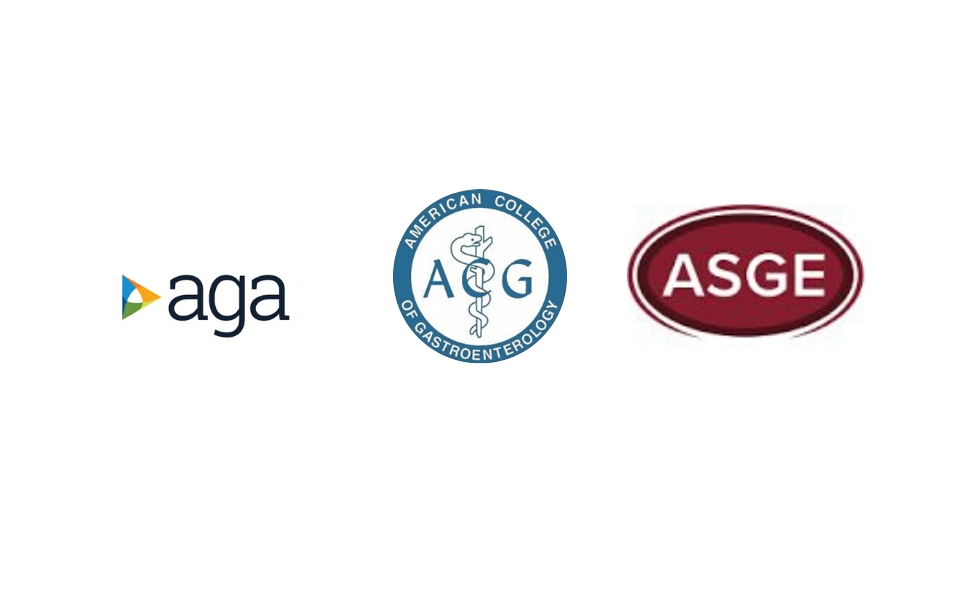Bethesda, MD (November 15, 2021) — The United States Multi-Society Task Force (MSTF) on Colorectal Cancer (CRC) represents the American Gastroenterological Association, the American College of Gastroenterology, and the American Society for Gastrointestinal Endoscopy.
The MSTF updated the CRC screening recommendations that were last published in 2017, focusing on the specific questions of when to start and when to stop CRC screening in average-risk individuals (those without family history of colorectal neoplasia and those without gastrointestinal symptoms).
New guidance:- The MSTF suggests CRC screening in average-risk individuals ages 45-49.
- The MSTF strongly recommends CRC screening in all individuals aged 50 to 75 who have not already initiated screening.
- For individuals ages 76 to 85, the decision to start or continue screening should be individualized and based on prior screening history, comorbidity, life expectancy, CRC risk, and personal preference.
- Screening is not recommended after age 85.
This updated guidance from the MSTF is aligned with multiple other professional societies, including the United States Preventative Services Task Force, the National Comprehensive Cancer Network and the American Cancer Society.
The full recommendations have been published jointly online via Gastroenterology, Gastrointestinal Endoscopy, and The American Journal of Gastroenterology, and will be available in the January 2022 print issues.
About the American Gastroenterological Association
The American Gastroenterological Association (AGA) is the trusted voice of the GI community. Founded in 1897, AGA has grown to more than 16,000 members from around the globe who are involved in all aspects of the science, practice and advancement of gastroenterology. The AGA Institute administers the practice, research and educational programs of the organization.
Website | TwitterAbout ACG
About the American College of Gastroenterology Founded in 1932, the American College of Gastroenterology (ACG) is an organization with an international membership of over 17,000 individuals from 86 countries. The College’s vision is to be the preeminent professional organization that champions the prevention, diagnosis, and treatment of digestive disorders, serving as a beacon to guide the delivery of the highest quality, compassionate, and evidence-based patient care. The mission of the College is to enhance the ability of our members to provide world-class care to patients with digestive disorders and advance the profession through excellence and innovation based upon the pillars of Patient Care, Education, Scientific Investigation, Advocacy and Practice Management.
About the American Society for Gastrointestinal Endoscopy
Since its founding in 1941, the American Society for Gastrointestinal Endoscopy (ASGE) has been dedicated to advancing patient care and digestive health by promoting excellence and innovation in gastrointestinal endoscopy. ASGE, with more than 14,000 members worldwide, promotes the highest standards for endoscopic training and practice, fosters endoscopic research, recognizes distinguished contributions to endoscopy and is the foremost resource for endoscopic education. Website | Twitter
Media Contacts:
- AGA: Courtney Reed, media@gastro.org, 301.272.0025
- ACG: Anne-Louise Oliphant, mediaonly@gi.org, 301.263.9000
- ASGE: Andrea Lee, alee@asge.org, 630.570.5603












